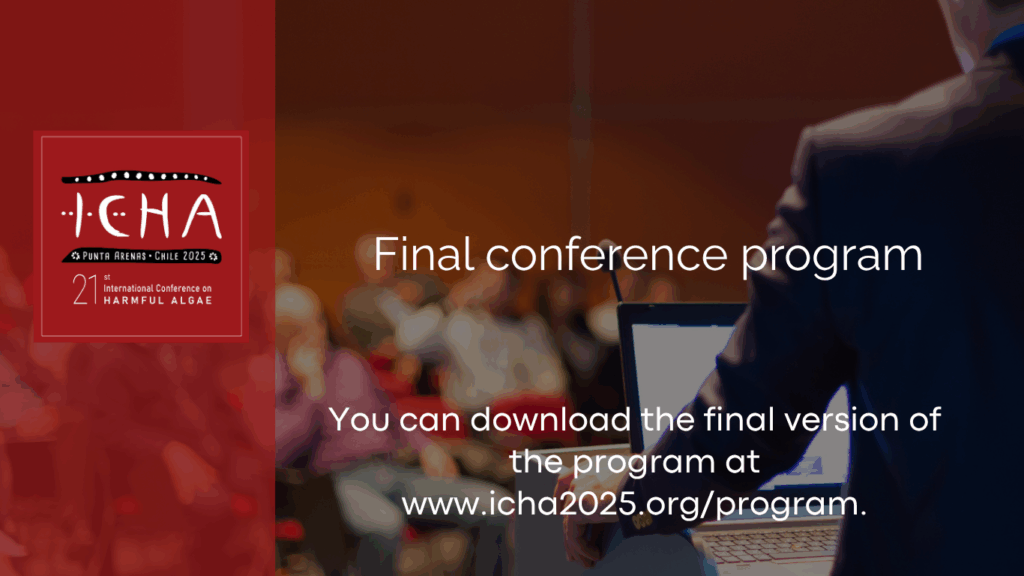This invitation is for participants to join a five day training workshop on qPCR molecular methods for HAB species identification and quantification from the 13th – 17th October in Punta Arenas, Chile.
This workshop is aimed at giving participants a theoretical understanding and practical application of real time quantitative PCR and its applications in harmful algal bloom (HAB) monitoring. The course includes presentations, discussions, and practical hands-on demonstrations which covers all aspects of qPCR assay development, implementation and application, from designing and validating qPCR assays for the detection of target DNA from field and culture samples, and including data analysis/result interpretation and method trouble shooting.
SYBR green and TaqMan assays will be demonstrated, focusing on key species groups of HAB microalgae (e.g., Alexandrium, Azadinium, Ostreopsis, Phaeocystis, Gambierdiscus and Pseudo nitzschia spp. etc). This list of target assays is flexible accordingly to the needs of the participants, who are welcome to bring their own field samples to be used during the training. After completing the course participants will be able to design qPCR assays specific for their individual regional HAB species profiles and perform qPCR experiments as well as to interpret and analyze data.
Goals of the Workshop
- To give participants a deeper understanding of qPCR and its applications To improve harmful algal bloom detection by using molecular tools
- To explore the potential application of qPCR for the monitoring and forecasting of harmful algal blooms in (own) monitoring programs
- To provide guidance for developing own qPCR assays for desired target species
This workshop is intended for persons working in or planning to initiate harmful algal monitoring programs, for scientists using or planning to apply qPCR, and are interested in and equipped to applying this molecular technology. Participation is limited to 20 participants, with a documented professional interest in phytoplankton identification by molecular biological methods.
Applications should be submitted before 18th July 2025 by email to:
Uwe John: uwe.john@awi.de
Dave Clarke (cc): dave.clarke@marine.ie
Please submit a brief letter justifying the applicant’s participation and detailing their previous molecular experience. Also include information on how the applicant will apply their knowledge to HAB monitoring. Also, provide a brief CV of the applicant’s experience and qualifications. The course will be taught in English, so a good knowledge of the language is required. There will be no registration fee, but participants must cover their own travel and accommodation expenses.




